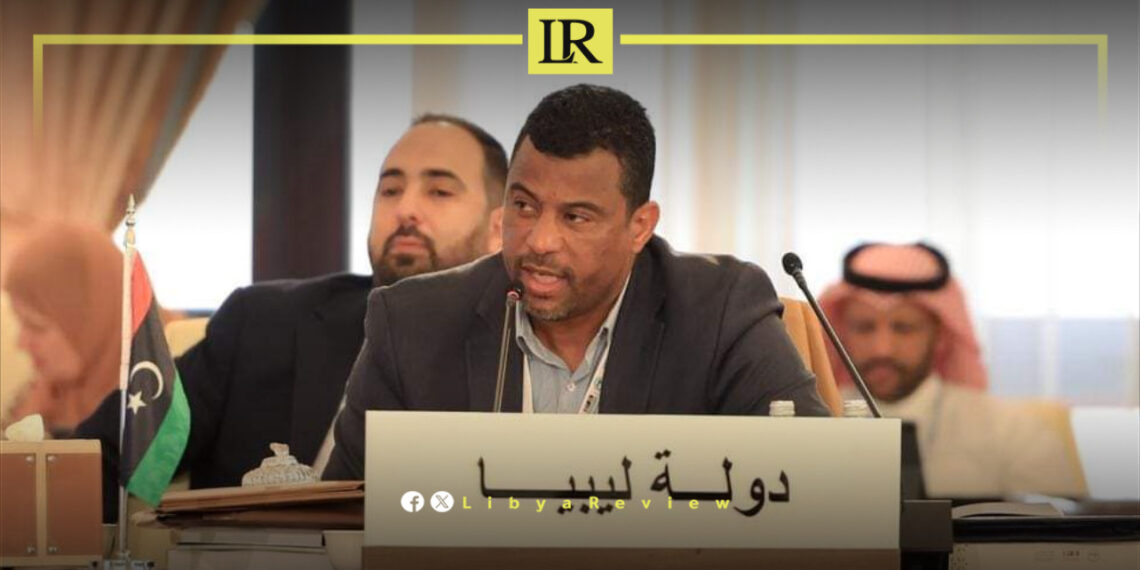The Libyan Minister of Education and Chair of the National Committee for Education, Culture, and Science, Musa Al-Magarief, led the Libyan delegation at the 121st regular session of the Executive Council and the 27th regular session of the General Conference of the Arab League Educational, Cultural and Scientific Organization (ALECSO), held in Jeddah, Saudi Arabia.
Al-Magarief reiterated the Government of National Unity’s commitment to preserving cultural heritage, expressing pleasure over the successful implementation of joint projects with local and international organizations. These collaborations have unearthed exceptional talents among students and educators in various educational, scientific, and technological fields.
The conference sessions saw the approval of several activities and programs proposed by the organization’s various committees. Additionally, Libya chaired a session of the Committee on Science, Information, and Communication. Approval was also granted for Libya to host a series of pivotal activities slated to support the plans of the Ministries of Education, Higher Education and Scientific Research, Technical Education, and Culture during 2025 and 2026.
This active participation highlights Libya’s role in advancing educational and scientific initiatives across the Arab region, aligning with broader objectives to enhance educational outcomes and cultural preservation.
Libya has been in chaos since a NATO-backed uprising toppled longtime leader Muammar Gaddafi in 2011. The county has for years been split between rival administrations.
Libya’s economy, heavily reliant on oil, has suffered due to the ongoing conflict. The instability has led to fluctuations in oil production and prices, impacting the global oil market and Libya’s economy.
The conflict has led to a significant humanitarian crisis in Libya, with thousands of people killed, and many more displaced. Migrants and refugees using Libya as a transit point to Europe have also faced dire conditions.
The planned elections for December 2021 were delayed due to disagreements over election laws and the eligibility of certain candidates. This delay has raised concerns about the feasibility of a peaceful political transition.
Despite the ceasefire, security remains a significant concern with sporadic fighting and the presence of mercenaries and foreign fighters. The unification of the military and the removal of foreign forces are crucial challenges.


